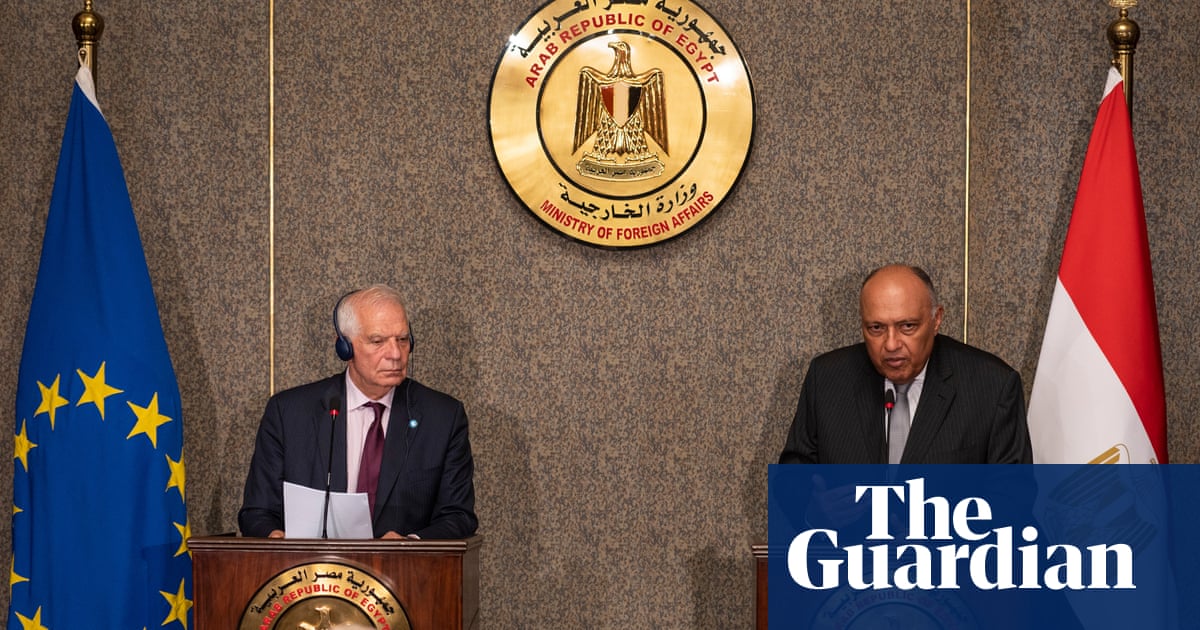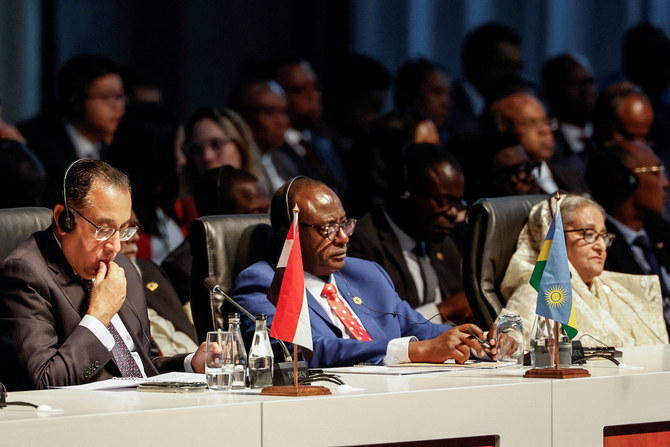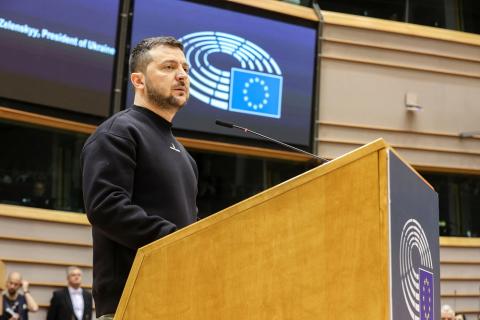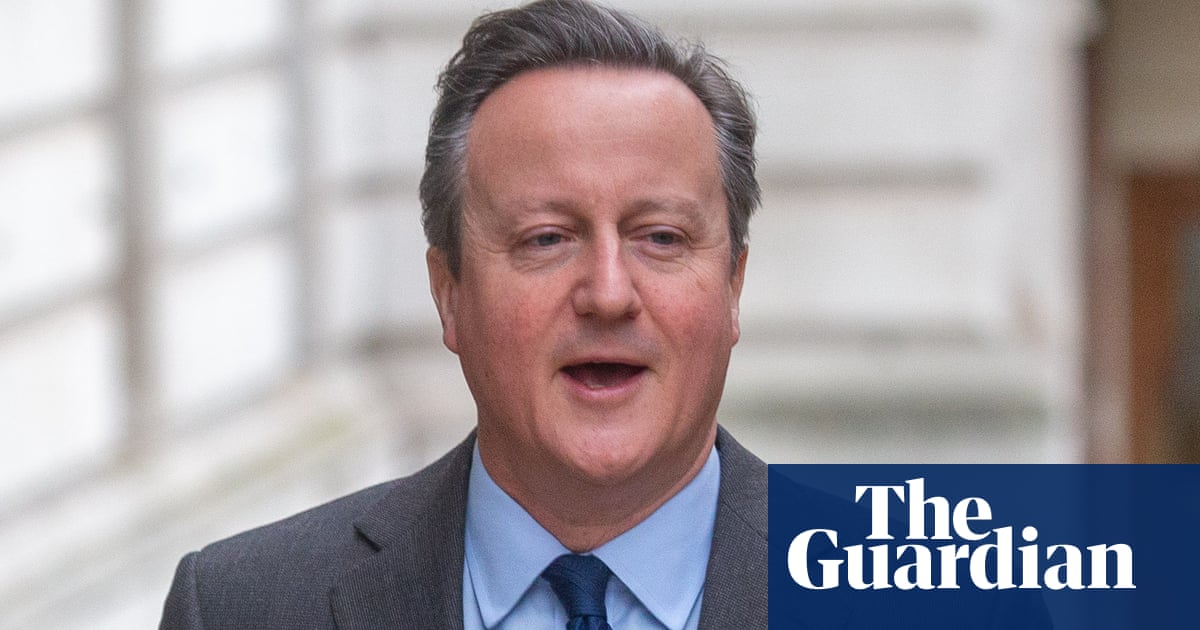
SALZBURG: Austria urged its European Union partners Thursday to enter talks with Egypt to help stem the flow of migrants entering Europe from Africa, amid deep divisions over how to manage the challenge.
Kurz, whose country currently holds the EU’s rotating presidency, and EU Council President Donald Tusk visited Cairo over the weekend for talks with President Abdel-Fattah El-Sisi, a top army general who took office in 2014. Both men have praised him for stopping people from leaving its coast bound for Europe.
“Egypt has proven that it can be efficient,” Kurz told reporters at an EU summit in Salzburg, Austria. “Since 2016, it has prevented ships sailing from Egypt to Europe or, when they have sailed, it has taken them back.”
Kurz said Egypt is “now prepared possibly to deepen cooperation with us in talks. We should use that.” He also said EU leaders support the idea of entering into talks with other North African countries as well.
In dealing with the migrants crisis of the past few years, the EU has been creative, willing to part with billions to secure deals around the Mediterranean with leaders with autocratic leanings.
The bloc lauds the deal it struck with Turkish President Recep Tayyip Erdogan for slowing migrant arrivals to a trickle over the last two years, in exchange for up to 6 billion euros ($7 billion) in aid for Syrian refugees there and other incentives.
Italy alone paid billions to former Libyan dictator Muammar Qaddafi to stop African people from leaving his country’s shores. Thousands were transported from Libya’s coast to its southern border.
Beyond keeping tight control over Egypt’s coastline, El-Sisi could have important influence with the military and militias in lawless, neighboring Libya; a main departure point for migrants trying to enter Europe through Italy. Already, Tusk is lobbying to hold an EU-Arab League summit in Cairo in February.
The call comes after a summer in which Italy’s anti-migrant government closed its ports to NGO ships, and even its own coast guard, carrying people rescued at sea. Hundreds of migrants spent unnecessary days at sea or aboard boats while EU countries bickered over who should take them.
Looking for help from El-Sisi is a new sign of the EU’s determination to outsource the migrant challenge, even though arrival numbers are barely a trickle compared to 2015, when well over a million people entered Europe, mostly fleeing conflict in Syria and Iraq.
EU countries are studying plans to create “disembarkation platforms” in northern African countries, where people rescued at sea could be dropped off for screening. No African country has expressed interest in hosting one so far.
The EU’s inability to balance responsibility for the migrants and share the burden of hosting them has been a vote-winner for far-right parties across the 28-nation bloc.
EU foreign policy chief Federica Mogherini warned that Africa is not keen at the moment.
“If we take the approach of: ‘we don’t take them, you take them,’ that doesn’t fly,” she said. “But this doesn’t mean that North African countries would not be ready to cooperate with us, and with the UN, to have a reasonable, sustainable solution.”
French President Emmanuel Macron, who supports talks with North Africa, believes countries like Italy, Greece and Spain must take responsibility for migrant arrivals, but he also underlines the importance of European solidarity.
“There are rules and they have to be respected. We have to protect our citizens but we must do it while respecting our values. Also, responsibilities cannot be upheld if there is no solidarity,” he said.
Macron and the leaders of Belgium, Luxembourg and the Netherlands repeated a similar joint line on the balance between responsibilities and solidarity after talks earlier this month. However, they appeared to suggest that solidarity is best expressed by giving European money to partners who need help. No leader offered to share the refugee burden.
One idea raised in Salzburg has been for countries to pay money to Italy or Greece to take care of migrants themselves.
Asked how much a migrant was worth, Luxembourg Prime Minister Xavier Bettel said, in an indignant tone: “We are not at the market. We are speaking about humans. We are not speaking about carpets or goods.”
He said that if Europe starts “to ask: ‘how much is the price of an immigrant?’ it’s a shame for all of us.”










